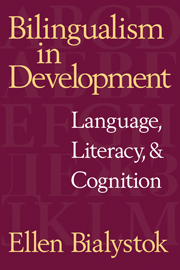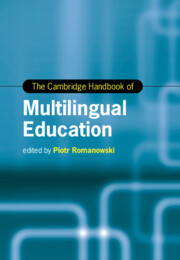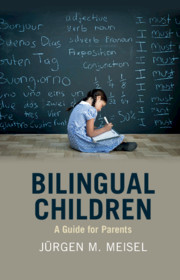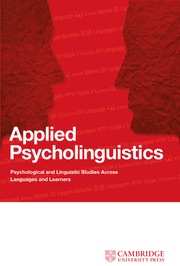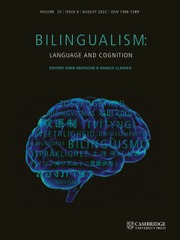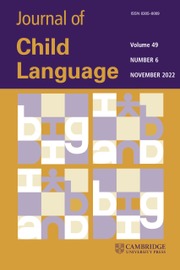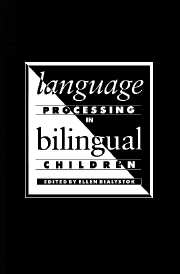Bilingualism in Development
Bilingualism in Development describes research on the intellectual development of bilingual children, showing how it is different from that of monolingual children. The focus is on preschool children, examining how they learn language, how they acquire literacy skills, and how they develop problem-solving ability in different domains. It is unique in that it assembles a wide range of research on children's development and interprets it within an analysis of how bilingualism affects that development. It is the only book to interpret this large research from a single theoretical perspective, leading to coherent conclusions.
- Author is internationally known
- Based on current research not yet appearing in book form
- Interprets research from coherent theoretical perspective
Reviews & endorsements
"I would enthusiastically recommend this book to any cognitive scientists interested in bilingualism, for its ability to identify important psycholinguistic mechanisms and its integration of issues across a wide range of cognitive domains. I would also recommend the book highly to neuroscientists interested in bilingual issues..."
--APA Review of Books
"Bilingualism in Development differs from, and even surpasses other books of this kind in that it assembles a wide range of research on children's language development, interprets it with analyses of how bilingualism affects that development, and, above all, breaks the myths surrounding bilingualism and bilingual education."
--Bilingual Research Journal
Product details
April 2001Paperback
9780521635073
304 pages
229 × 152 × 17 mm
0.42kg
4 b/w illus.
Available
Table of Contents
- 1. Faces of bilingualism
- 2. Starting with one language
- 3. And adding another
- 4. Language in the mind
- 5. Thinking about language
- 6. Linking to literacy
- 7. Beyond language
- 8. The extent of the bilingual mind.

